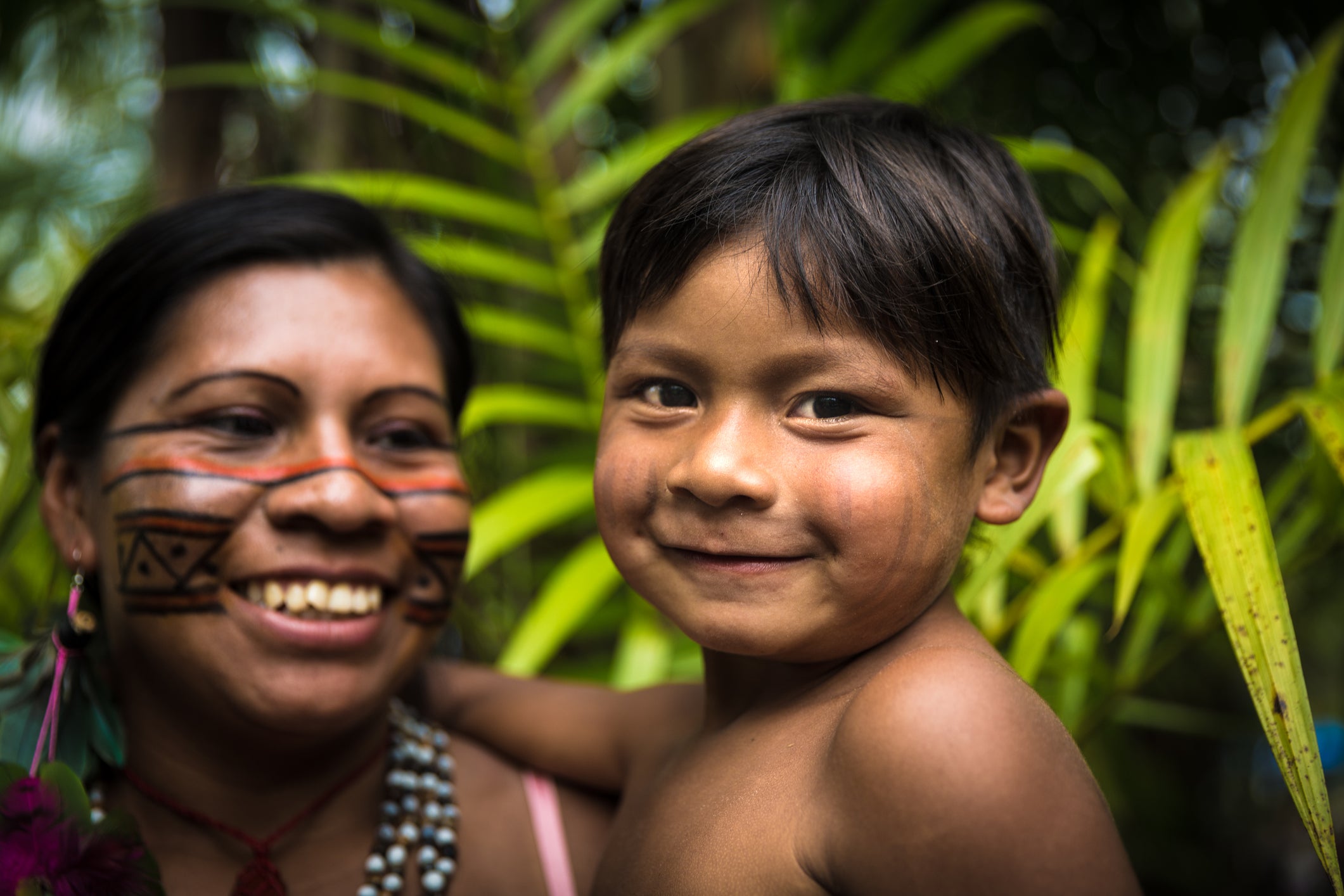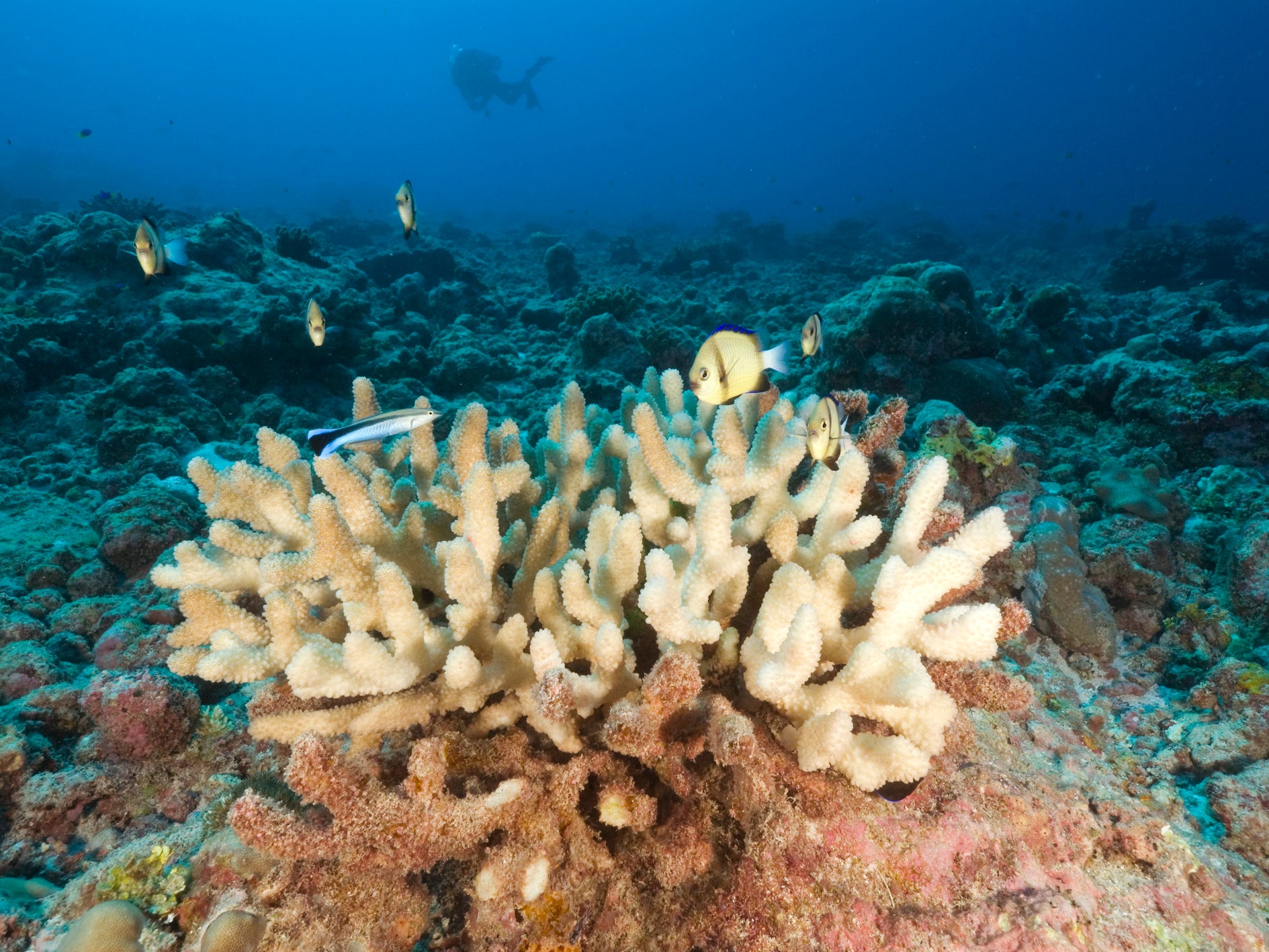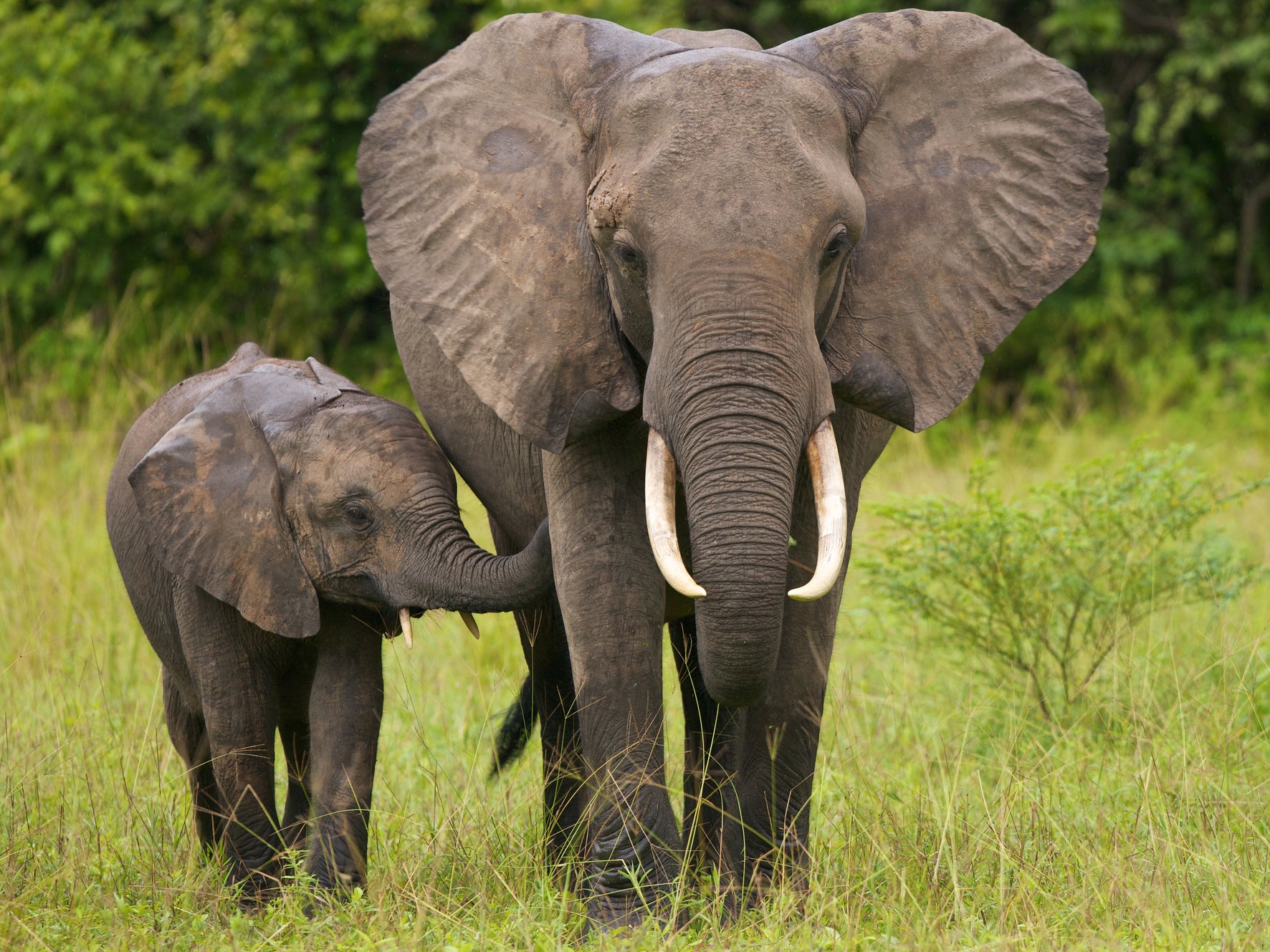10 of the most unethical travel experiences
In the week that sees the start of the controversial Pamplona bull run, we look at some of the other unethical travel experiences to avoid on your next trip
Your support helps us to tell the story
From reproductive rights to climate change to Big Tech, The Independent is on the ground when the story is developing. Whether it's investigating the financials of Elon Musk's pro-Trump PAC or producing our latest documentary, 'The A Word', which shines a light on the American women fighting for reproductive rights, we know how important it is to parse out the facts from the messaging.
At such a critical moment in US history, we need reporters on the ground. Your donation allows us to keep sending journalists to speak to both sides of the story.
The Independent is trusted by Americans across the entire political spectrum. And unlike many other quality news outlets, we choose not to lock Americans out of our reporting and analysis with paywalls. We believe quality journalism should be available to everyone, paid for by those who can afford it.
Your support makes all the difference.Today marks the first day of the week-long Pamplona bull run. This controversial tradition sees six bulls and four oxen being released on the narrow cobbled streets of Pamplona old town on an 850m course, surrounded by hundreds of people who volunteer to run alongside them. The aggravated bulls are then led to the city’s ancient bull ring where they are chased by up to eight men with spears and killed.
This tradition has resulted in the death of 16 people, and many more animals, since records began in 1910. Every year, activists protest the event and call for the abolition of bullfighting.
Here are some of the other unethical activities to be avoided while you’re on your travels.
Riding on elephants
Elephant rides have become as common an occurrence for many travellers to Asia as sunburn or a “Thailand tattoo”. However, elephants suffer immense cruelty as their handlers attempt to tame their wildness, using force and domination to keep them afraid and subservient.
According to Peta, the animal rights organisation, “Elephants are repeatedly hit with bullhooks – a heavy weapon with a sharp steel hook on the end. They learn to obey commands or face the painful consequences. Even though elephants are meant to roam with their families over vast distances, captive elephants are typically kept tightly chained and separated from their friends and loved ones.”
Following a series of meetings with Peta, TripAdvisor agreed that it would end all ticket sales to elephant encounters as part of a broad-sweeping policy change.
Swimming with dolphins
Swimming with dolphins is a bucket list favourite for many, but few realise the negative impact this can have on these intelligent creatures. Dolphins in captivity are often removed from their families in shocking and distressing ways, leading to a shortened life characterised by stress, which is often managed through drugs.
Whale and Dolphin Conservation, a leading charity dedicated to the protection of whales and dolphins, encourages people to find a responsible dolphin or whale watching excursion as an alternative to a captive dolphin or whale encounter.

‘Slum’ tourism
Visiting some of the poorest and most impoverished places in the world may not appeal to all travellers, but there is a growing market for such excursions. Tour operators in Brazil, India and Philippines all advertise such trips under the guise of “education”.
The comparative wealth and privilege of the primarily white, Western tourists treating desperate locals as an “attraction” has aroused ire among human rights campaigners. A study by Dr Melissa Nisbett of King’s College London into slum tourism found that: “poverty was ignored, denied, overlooked and romanticised, but moreover, it was depoliticised.”
Shark cage diving in South Africa
A number of concerns have been raised about the ethics of shark cage diving, which involves being lowered into the water in a metal cage while “chum” (bait consisting of fish parts, bone and blood) is thrown into the sea to attract the creatures. The argument that feeding any wild animal can affect its natural behaviour was persuasive enough for the state of Florida to introduce a ban on feeding wild sharks back in 2001.
Cape Town’s Shark Concern Group says: “It is not a good idea for humans to taunt an apex predator by throwing food and blood into the water. It is no surprise that human interaction is leading to more attacks.”
Human safaris
In 2012, a policeman was caught on video instructing members of the remote Jarawa tribe to dance for tourists, who threw bananas and biscuits at them like animals in a zoo. Aside from the deeply dehumanising element of such behaviour, promoting tribal people as an “attraction” is deeply problematic because the tribe often receive little to none of the money tourism brings. Remote tribes or those with limited contact with the outside world are also at high risk of disease, predatory sex and exploitation.

Coral reefs
While global warming is broadly agreed to be the major cause of coral reef destruction, tourism and overfishing are also responsible for the demise of coral reefs worldwide, one quarter of which are damaged beyond repair, while another two-thirds are under serious threat.
The WWF cites tourism as a contributor to its demise, including “careless boating, diving, snorkelling and fishing, with people touching reefs, stirring up sediment, collecting coral and dropping anchors onto reefs.” Tourism infrastructure also impacts this delicate ecosystem, with some tourist resorts being built on top of reefs, while others empty sewage or other waste directly into the water surrounding coral reefs.

Orphanage tourism
If you’re considering volunteering at or visiting an orphanage, it’s worth doing your research. Save the Children reports that thousands of children are being removed from their families, friends and communities to fill spaces in orphanages in an effort to profit on tourists’ good intentions. Living in such institutions, children are vulnerable and at risk of abuse and exploitation, while unscrupulous owners profit from them.
In a statement on its website, Save the Children says: “In Cambodia, the number of residential care institutions has risen by 75 per cent in the last decade, despite the fact that the amount of orphans has significantly reduced. The vast majority of children in these institutions are not orphans, in the traditional sense, but children from poor families.
“Orphanage operators in Cambodia have been known to seek out children to live in their establishments and to provide payment or exercise coercion for their parents to give them up.”
Culinary ‘delicacies’
Although the phrase “when in Rome, do as the Romans do” broadly refers to embracing local norms when visiting another place, there are exceptions to this rule, particularly when it comes to dining. Despite laws protecting sea turtles – an endangered species – in most countries, their meat and eggs remain a delicacy in the Cayman Islands, Central America and some parts of Asia.
Shark fin soup has long been considered a delicacy in China and Vietnam, although younger Chinese people are reported to be shunning the dish for ethical reasons. The consumption of shark fins for food was, until very recently, the largest threat to shark populations globally.
The purchase of products made from ivory
Animal populations have plummeted – and many species face extinction – because of the demand historically placed on ivory products. While conservation projects have been launched to protect against this, the practice is still rife.
The WWF states that 20,000 African elephants are killed by poachers for their tusks every year, which are then sold to make trinkets and carvings for a largely Asian market. While the UK government announced a ban on the sale of ivory of any age in April this year, it’s unclear when this will be implemented. Some conservationists are also sceptical as to the effectiveness of the law.

Flying
One of the most contentious and uncomfortable truths about air travel is the significant impact flying has on the environment. While industry figures put the aviation industry’s share of global CO2 emissions at two per cent, climate change experts calculate the figure is more than double this, due to emissions such as nitrogen oxides, water vapour, particulates, contrails and cirrus changes, which have additional warming effects. The environmental group Germanwatch estimated that one person taking a round-trip flight from Germany to the Caribbean produces the same volume of damaging emissions as 80 average residents of Tanzania do in an entire year – around four metric tons of CO2.
If the prospect of an end to globetrotting fills you with horror, try to offset your carbon footprint with every flight by donating money towards tree planting, conservation or alternative energy schemes.

Join our commenting forum
Join thought-provoking conversations, follow other Independent readers and see their replies
Comments